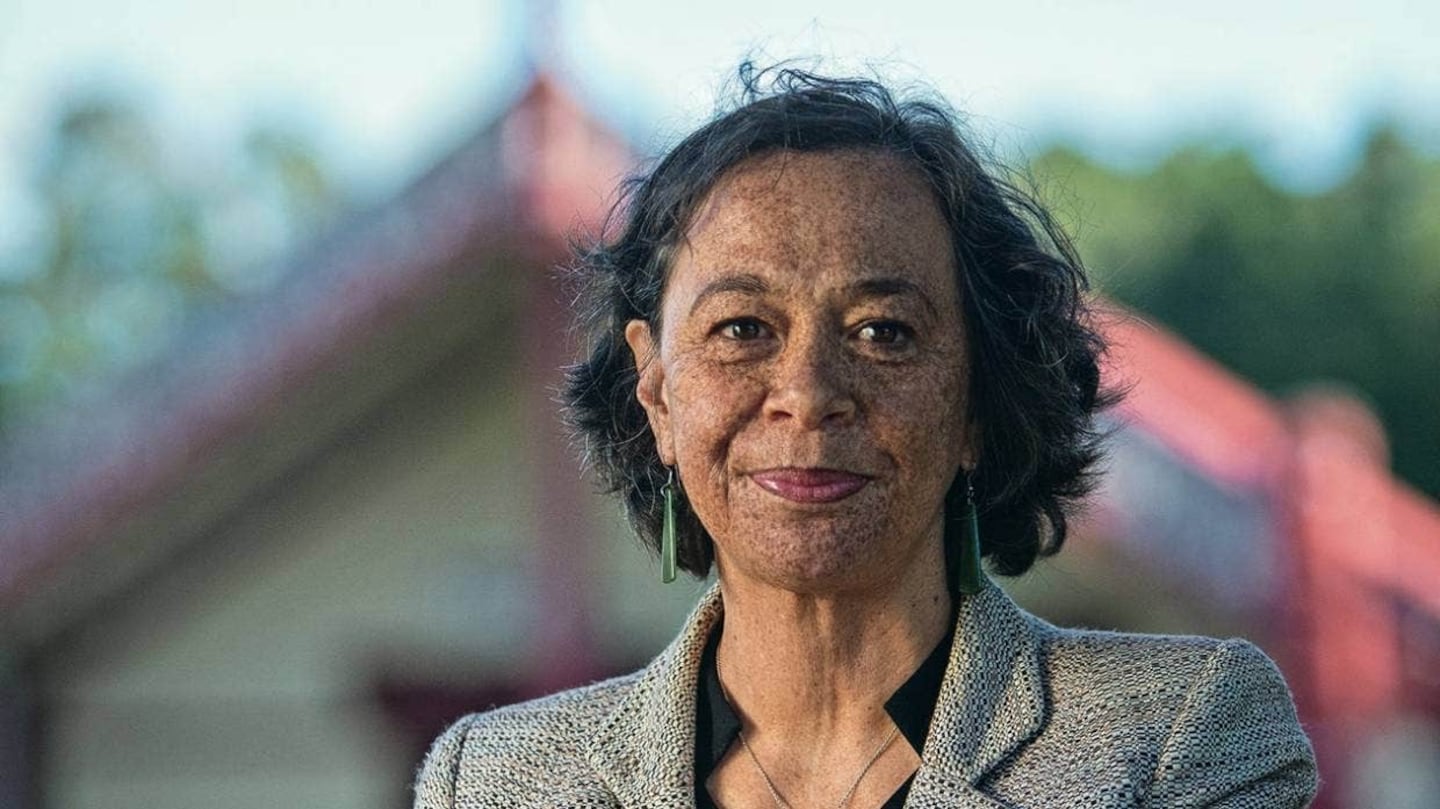Amokura Panoho was shocked to have her Māori heritage questioned after posting a photo of herself on Facebook.
“I’ve got quite a lot of freckles and I have dark, really browny hair... someone came back and said to me ‘You’ve got freckles, you’re Pākehā, you’ve got Pākehā ancestry,’” the 62-year-old Glen Innes woman said.
“It was a really negative statement about what I look like, and it was really derogatory language. I was quite shocked because the last time someone had spoken to me like that had been in the school playground.”
Netsafe, the Government’s online safety agency, released its 2023 Annual Population Survey this week.
It found 46% of Māori had experienced harmful digital communications in the past year, compared to 40% of the general population.
This included unwanted sexual advances, false allegations, racist remarks and online stalking.
Thirty-nine per cent of Māori reported that this had a negative impact on their lives, compared to 14% of the general population.
Panoho, who is the pou tātaki mātauranga Māori at Netsafe, said politics was playing a role in Māori experiencing higher rates of online harm than the general population.
“I think it’s just a reflection of the times, of what’s happening around some of the political rhetoric, and how that translates to people’s behaviour at a personal level when they’re in their own private spaces,” she said.
“They might be irritated or triggered by some of that discourse that’s happening in the public arena and feel empowered to a degree to then transfer their personal feelings about that into an online space.”
Panoho said Māori women in particular are targeted with abuse online.
“If you’re a Maori woman, and you’re obvious about your identity online, it’s almost like that gives permission to people to attack you,” she said.
“It’s really important for us to now have some data about what that looks like... and we now know that it is sufficient enough of an issue for us to start really mobilising support and resources around.”
The report called for culturally sensitive support systems to address challenges faced by different communities in the digital realm.
“We’re a small country that leads the way in a lot of things around indigenous development. This is an area that our country could potentially lead the way again at a global level,” Panoho said.
“It’s a growing issue for us, and I think if we, as tangata whenua, can find ways to develop tools that support our people, that will have a benefit for all minorities that live within our country.”
The report found Māori had higher rates of digital competency, with 73% rarely needing assistance with digital technology compared to 69% of the general population.
It also found there was a “critical gap” in awareness of online rights under the Harmful Digital Communications Act.
Around half of Māori were informed about the legal protections available, but the general population had varying levels of awareness, highlighting the need for more education.
Only 23% of Māori and the general population who experienced unwanted digital communications sought support services, which the report said shows the importance of making services accessible and known to all.
Netsafe chief executive Brent Carey encouraged people who want to remain safe online to review their privacy settings.
“So do a privacy health check, make sure that your accounts are being seen by the people that you want them to be seen by,” he said.
“Reporting and blocking the bullies online. Contacting Netsafe, which is [a] seven-day-a-week service for help and support, and also thinking about their digital footprint.”


